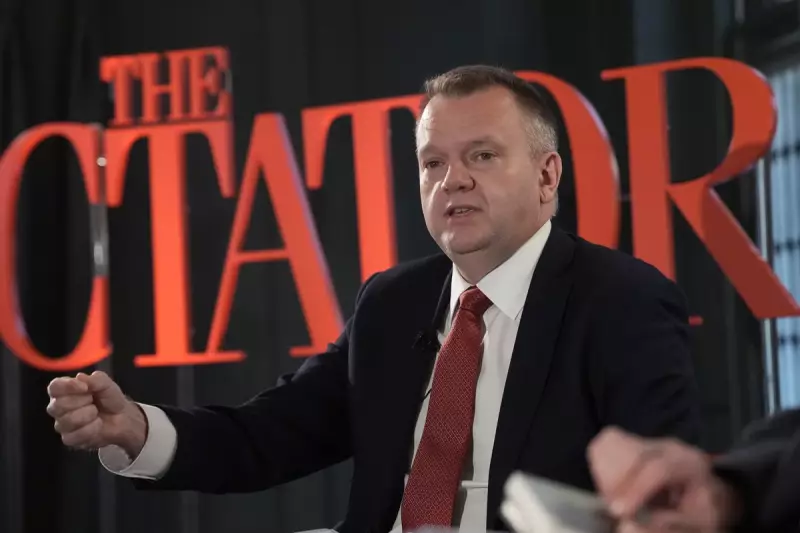
Labour has launched a scathing attack on the government's post-Brexit trade deal with the EU, branding it an economic failure that has cost the UK a staggering £100 billion in lost trade and saddled families with soaring food prices.
Shadow Cabinet Minister Nick Thomas-Symonds delivered the damning assessment, accusing former Prime Minister Boris Johnson of selling the British public a 'distant and thin' deal that has failed to deliver on its promises. The figures, he revealed, show a clear and devastating economic shortfall directly attributable to the agreement.
The True Cost of a 'Thin' Deal
Thomas-Symonds pointed to official Office for Budget Responsibility (OBR) forecasts, which predict that the UK's productivity will be slashed by 4% of GDP as a direct consequence of the Brexit deal. This isn't just a number on a spreadsheet; it translates into a tangible hit to the nation's prosperity and the financial well-being of every household.
"The government's deal is having a real impact on people's lives," the shadow minister stated. "We were promised that Brexit would bring benefits, but instead, we have a deal that is holding back our economy and making people poorer."
Empty Promises and Rising Bills
The critique highlights the vast gap between the sunlit uplands promised by Brexit advocates and the current economic reality. The government's deal has proven to be inadequate, failing to secure the comprehensive, frictionless trade that many businesses were relying on.
This has resulted in:
- A £100 billion shortfall in UK goods trade.
- Increased red tape and border checks stifling British exporters.
- Rising import costs contributing to the cost-of-living crisis.
For ordinary citizens, this means higher prices on supermarket shelves and less money in their pockets, a direct contradiction to the pledges made during the 2019 election campaign.
Labour's Pledge: Fixing the Relationship
In response, Labour is positioning itself as the party to mend the fractured relationship with the UK's largest trading partner. While firmly ruling out a return to the single market or customs union, the party is committed to making the current deal work better for British businesses and consumers.
This includes pursuing a new veterinary agreement to eliminate costly checks on agricultural products and seeking improved terms for the services sector and professional workers. The goal is not to re-fight the battles of the past but to pragmatically address the deal's obvious flaws.
The condemnation underscores a central political struggle: as the economic consequences of Brexit become increasingly clear, the government faces growing pressure to account for what critics call a catastrophic miscalculation in its flagship trade agreement.





